CHILDREN from a low socio-economic background are being sidelined from access to Baulkham Hills Selective High School while other selective school students are reporting increased cases of mental health issues, self-harm and even suicide.
Educational psychology specialists and teachers are calling for the overhaul of public selective schooling system across NSW after statistics revealed just three per cent of students at Baulkham Hills High come from the lowest socio-economic background.
The findings come as Parramatta Catholic Education executive director Greg Whitby called for “equity in education” and the dismantling of the selective school system.
University of Technology, Sydney lecturer Christina Ho said public selective schools had become the “most elitist” form of education in the state.
SCHOOL REFORMS MEANS STUDENTS ARE BETTER OFF
“The vast majority of selective school students are from very highly advantaged backgrounds,” Ms Ho told the Hills Shire Times.
“Students that come from the lowest socio-educational advantaged families make up only three per cent of the student population at Baulkham Hills High School.”
In 2017, Education Department secretary Mark Scott revealed parents could spend more than $20,000 a year on preparation for selective high school testing.
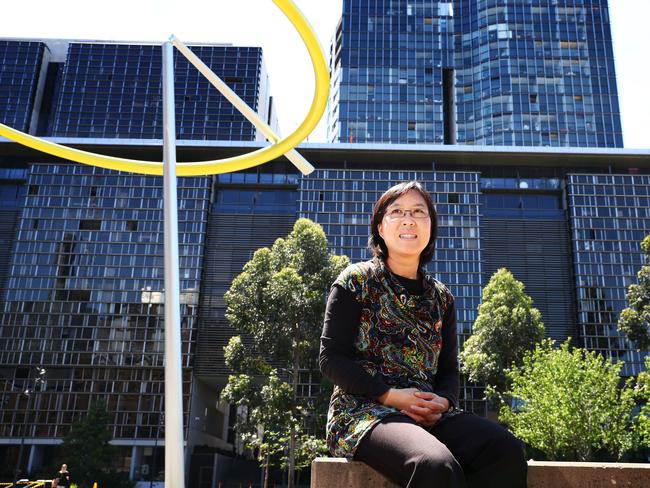
Ms Ho said children of families who did not have the resources required to prepare students for these tests “just aren’t likely to get in”.
“Some children may do better at these schools if they have the financial support behind them, but the disadvantages of selective schools far out way the advantages,” she said.
“There are reports of mental health issues and stories of ruined childhoods, but there are also reports of self-harm and even suicide for students preparing for these tests and students attending these schools.
“We need to rethink whether we need this kind of intensity in schooling — if you are a parent of a gifted child, you should be confident that they will be catered for at their local school.”
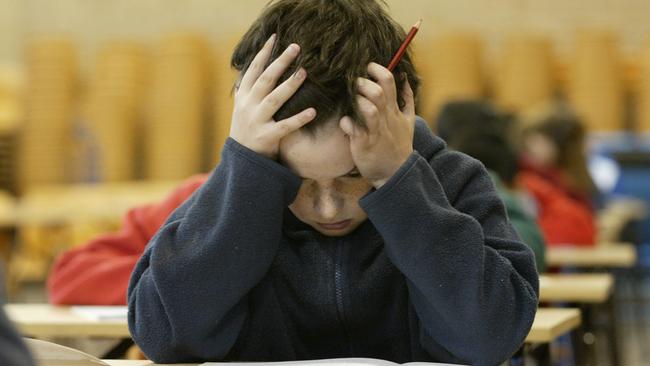
Macquarie University educational psychology lecturer Penny Van Bergen said schools that were more diverse had more benefits for the student population.
“With selective schooling, you end up with a system that supports the advantaged, it is not a pure test of student potential,” Ms Van Bergen said.
“Going and sitting for a test and failing can cause considerable family pressure, which can lead to risk of student wellbeing.
“School systems should focus on individual growth rather than performance, because we have found that when teachers focus on extending individual skills we see a better result in the classroom.”
Education Minister Rob Stokes said the department was conducting a review of selective schools to ensure it did not “create a rigid, separated public education system”.
“We need to have public schools that are inclusive of everyone rather than deliberately separate children on the basis that some are gifted and talented and others are not,” he said.
“There may be merit in opening up selective schools to local enrolments and providing more local opportunities to selective classes in comprehensive schools.”
DON’T LET SMART KIDS ‘MISS OUT’
By Tony Bosworth
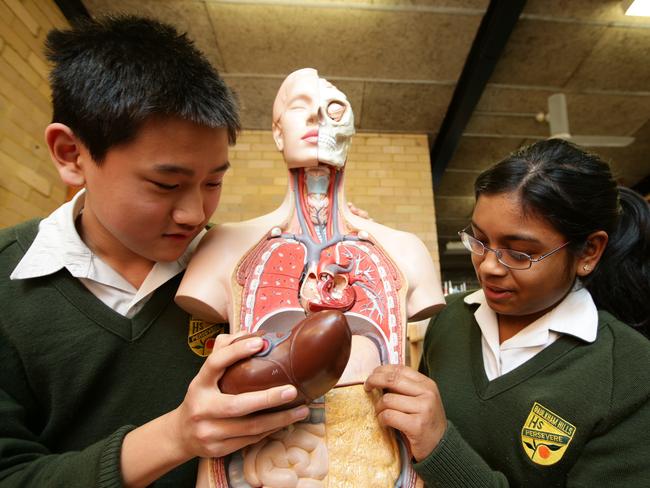
IT’S NOT so much the education children get at a selective school that’s important, says Baulkham Hills High School P & C president Jo Sanker, it’s that the children mix with fellow students who have the same sets of principles.
“The reason people send their children to a selective school is the pupils there are very highly engaged students,” Ms Sanker said.
“These are the kind of peers we want our children to have.”
“And by taking away the selective schools option you are only leaving two options, private schools or public schools.”
Ms Sanker has one 17-year-old child at a private school and the other at Baulkham Hills Selective High School.
She said if calls to build no more selective schools were heeded, people who wished their children to get a selective education were going to find it hard to find a place.
“If more selective schools are not built and the population increases they will be competing for less available spaces,” Ms Sanker said.
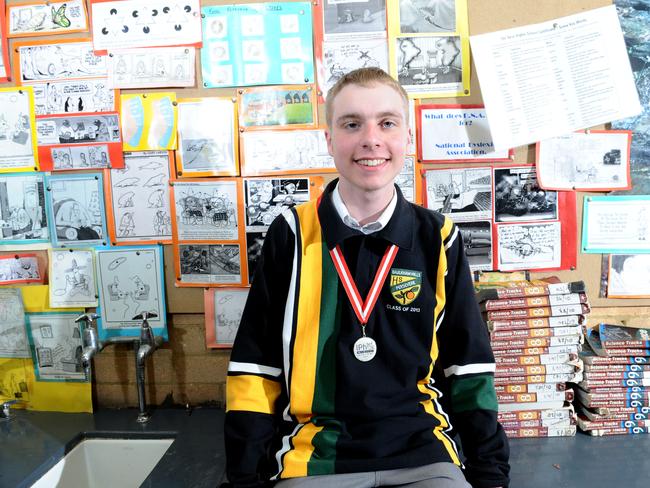
She said she could not understand why selective schools were being singled out when there were already specialist schools dedicated to sports and dance and music.
“So why not schools that encourage students with academic ability? The teaching at a selective school caters for these really intelligent minds. If you are in a school where the standards are not so high then you come down to those standards.”
A Year 12 student who did not wish to be named said the debate “belittled the immense effort” the pupils had put into securing a spot at the school.
“Selective schools allow for students that all share this same temperament to come together and push themselves harder,” he said.
“Without selective schools this community of driven and motivated students wouldn’t exist, potentially resulting in lower results overall.”
TIME FOR SELECTIVE SCHOOLS TO GO
By Greg Whitby, Catholic Education
NSW Minister for Education Rob Stokes recently set the cat among the pigeons when he announced that there would be no new fully selective schools built in NSW. He argued passionately that every child needs to be viewed as gifted and talented and educated in a way that allows these qualities to flourish.
I applaud the Minister for recognising that cherry-picking students on the basis of perceived academic ability and sending them off to their own school is a relic of the nineteenth century learning model. Even the selective schools “test” that determines whether or not a student is “picked or flicked” is based on outdated assumptions of what it means to be “clever”. We must question the relevance and place of selective schools in a modern, diverse and digital society.
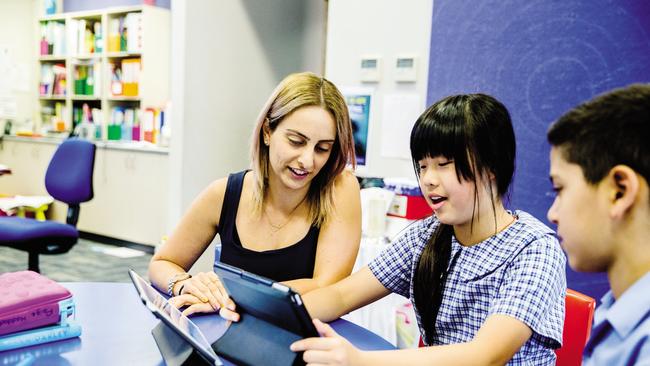
I can understand the appeal of selective schools for parents: the lure of perhaps something more, better or different from non-selective schools. Every parent wants their children to receive the best educational opportunities possible. But each school must enable each child, not just those who, according to a single assessment instrument, are academically stronger.
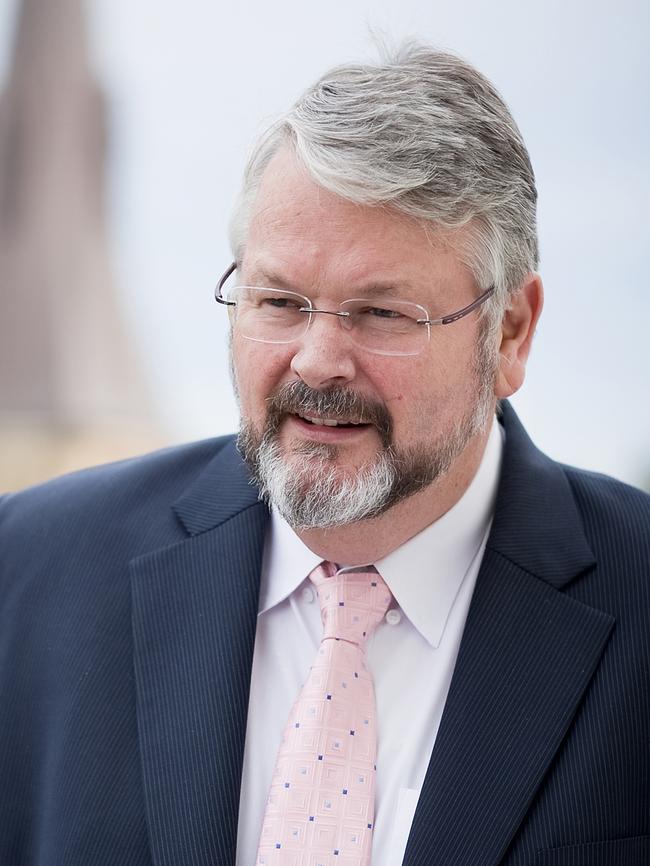
All schools must be able to deliver opportunities that allow all students to develop skills to a high level and provide experiences that are intellectually challenging and stimulating. This means good teachers in every classroom, not just star teachers working in some schools.
Equity in education means giving each student access to good teaching and the very best start in learning and life. Selective schools only widen the equity gap.
The reason we have always hung on to IQ as a measure of intelligence is because it can be easily measured. The skills that aren’t easily measured by standardised tests such as empathy, grit, courage, motivation and collaboration are the ones that will take individuals and societies forward.
Ensure that all citizens prosper through creating a school system where opportunities exist for everyone.

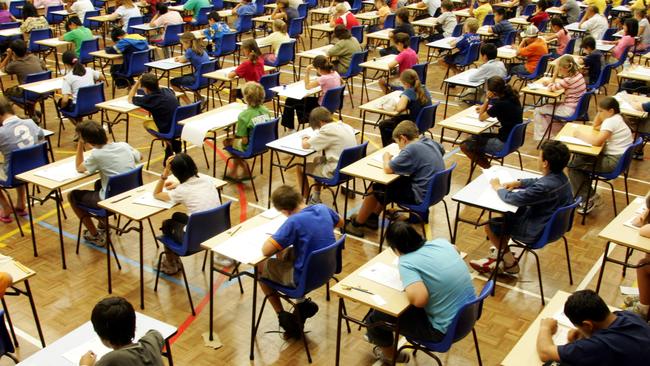
Add your comment to this story
To join the conversation, please log in. Don't have an account? Register
Join the conversation, you are commenting as Logout
Here’s what you can expect with tomorrow’s Parramatta weather
As summer moves towards autumn what can locals expect tomorrow? We have the latest word from the Weather Bureau.
Here’s what you can expect with tomorrow’s Parramatta weather
As summer moves towards autumn what can locals expect tomorrow? We have the latest word from the Weather Bureau.